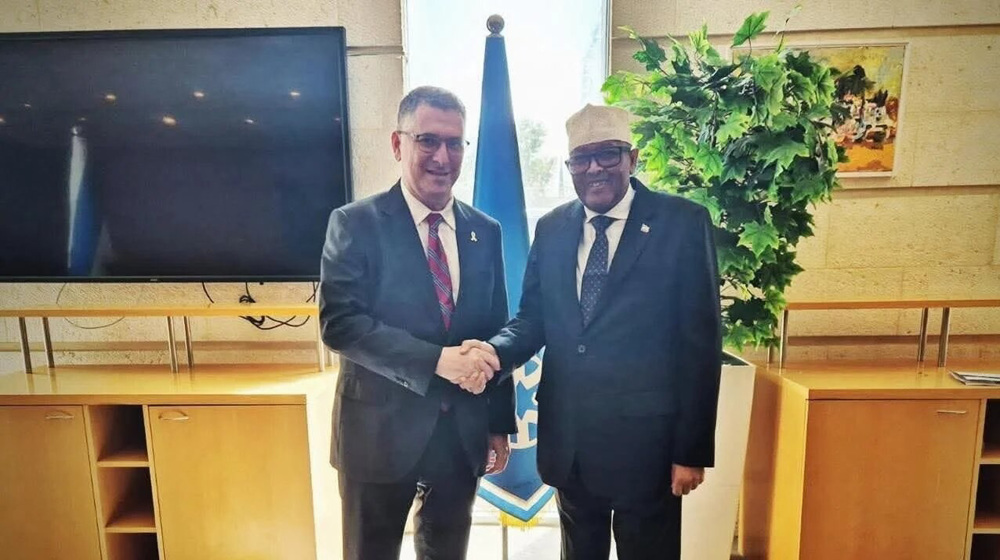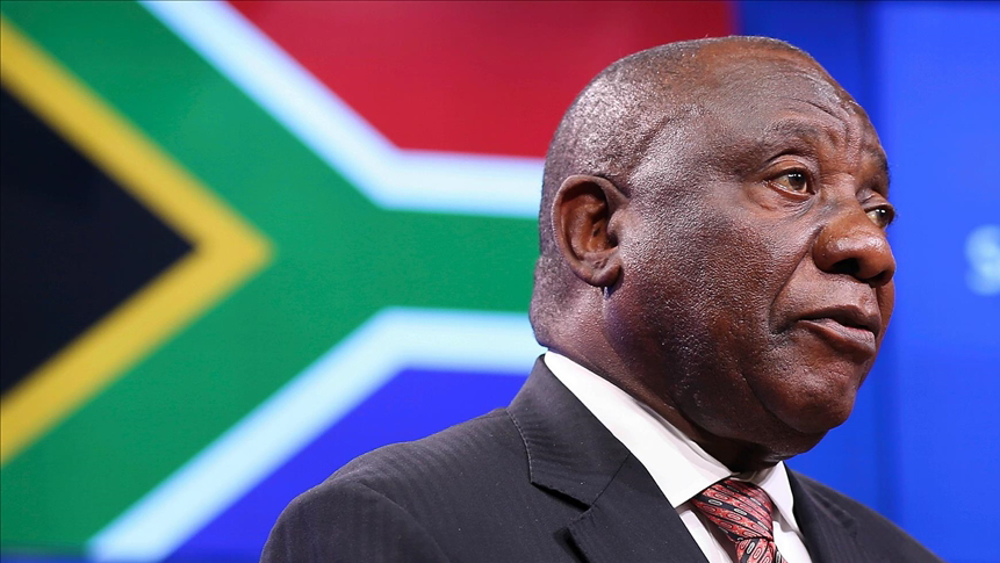CAR calls for more help over sectarian violence
The Foreign Minister of the Central African Republic (CAR) has urged the United Nations (UN) and the international community to help his country counter the escalating sectarian violence by different armed groups.
On Wednesday, the CAR’s Foreign Minister Samuel Rangba called on the UN General Assembly in New York to help Bangui fight the “blind and savage violence” that has taken hold in the war-torn country.
“We ask the international community and particularly the United Nations to make it possible for there to be a stronger presence in the Central African Republic, stronger action to help to stop destruction and a widespread crime,” Rangba said, according to the UN News Centre.
‘Nefarious plans for destabilization’
This comes as more than 40 people have been killed in sectarian clashes between the country’s Christian and Muslim populations in the capital, Bangui, since Saturday.
Rangba called on world leaders to “remember the thousands of children, women and older persons who are being hatefully killed, raped and humiliated, or forced from their homes just because a handful of individuals decided to put into effect their nefarious plans to destabilize the entire country in an attempt to quench their thirst for power.”
The CAR minister also voiced concern over the “horrendous spike” in the growing number of displaced people, saying that more than 30,000 were forced to leave their homes so far.
Rangba said, however, that the power transition in the CAR had seen progress over the past 18 months.

Ethnic violence
The UN Security Council authorized the deployment of the Multidimensional Integrated Stabilization Mission in the Central African Republic (MINUSCA) forces in April 2014, with the declared objective of protecting civilians.
The CAR plunged into crisis in December 2013, when Christian anti-balaka militia began coordinated attacks against the country’s mostly Muslim Seleka group, which had toppled the government of President Francois Bozize in March that year.
Shortly afterwards, Michel Djotodia was recognized as the head of the government. However, Djotodia resigned in January 2014 and was replaced by President Catherine Samba-Panza.
‘The Voice of Hind Rajab’ receives Oscar nomination
VIDEO | Foreign-backed terrorism in Iran
US-backed riots suffered 'humiliating' defeat in Iran: Yemeni leader
Pezeshkian: ‘Unholy rage’ fueled by Iran’s enemies after June defeat
Iran condemns Israeli demolition of UNRWA headquarters in occupied al-Quds
Denmark reasserts Greenland sovereignty as Trump claims ‘total access’
Iran’s political legitimacy comes from ballots and popular will, not foreign powers
VIDEO | Press TV's news headlines










 This makes it easy to access the Press TV website
This makes it easy to access the Press TV website